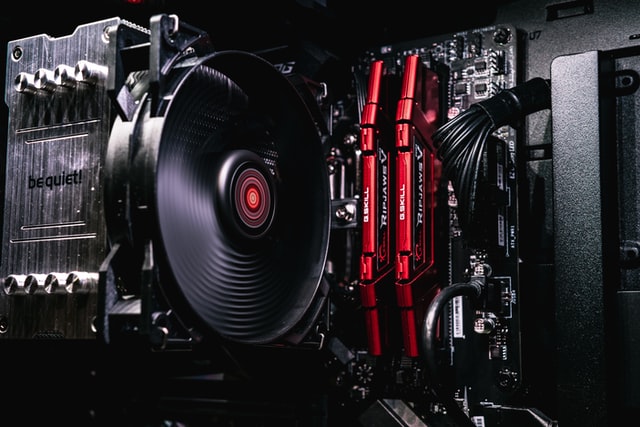
Is RAM Capacity or RAM Speed Most Important
Rather than investing in a new PC, we always strive for our customers to upgrade their existing PC. Not only do you save money, the amount of e-waste is reduced. So, having some knowledge of computers is needed when you want to save money. RAM is one item we recommend upgrading instead of throwing money away on a new PC. After having your PC inspected, RAM seems to be the culprit for its sluggishness. But, […]


Recent Comments